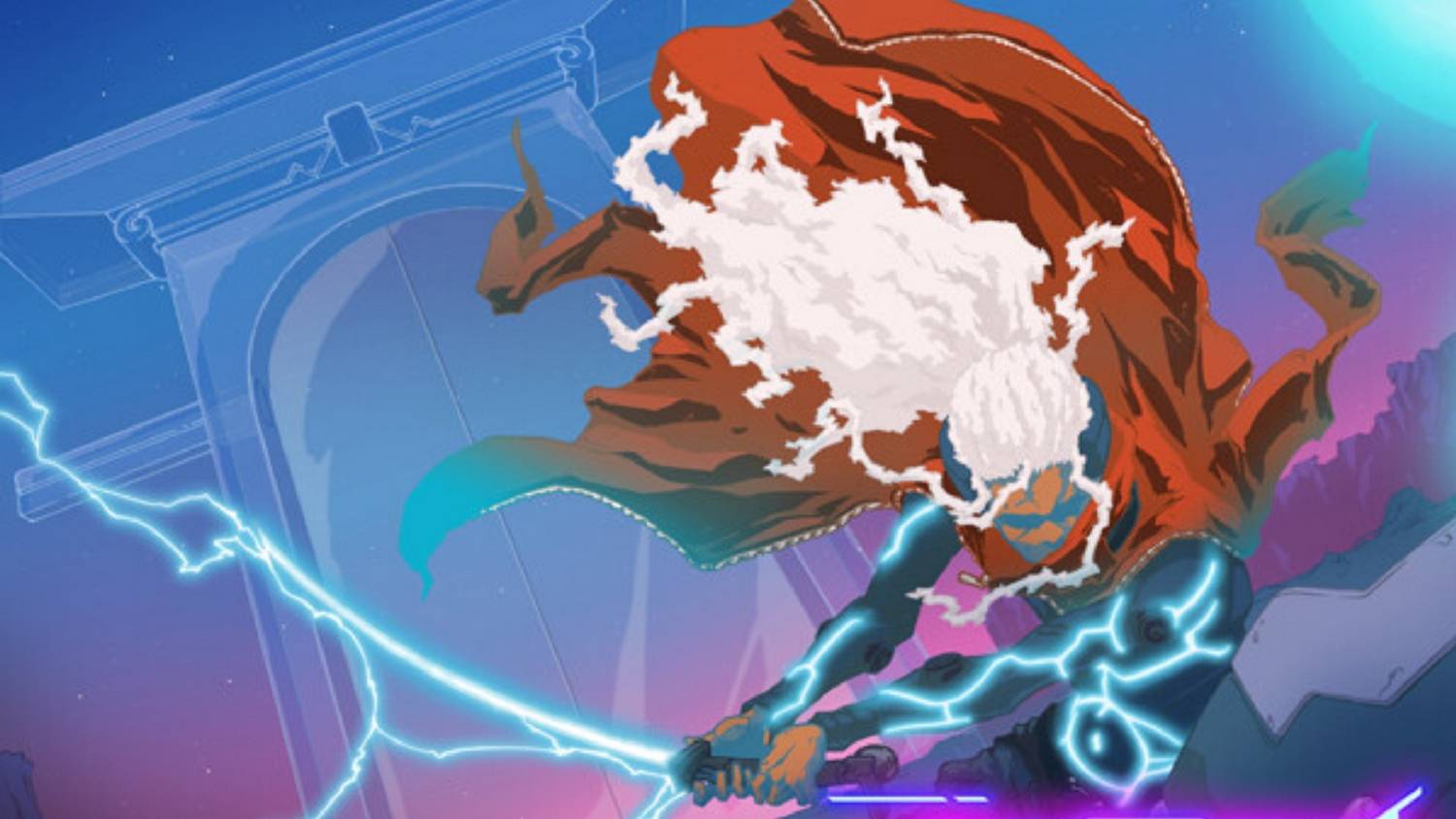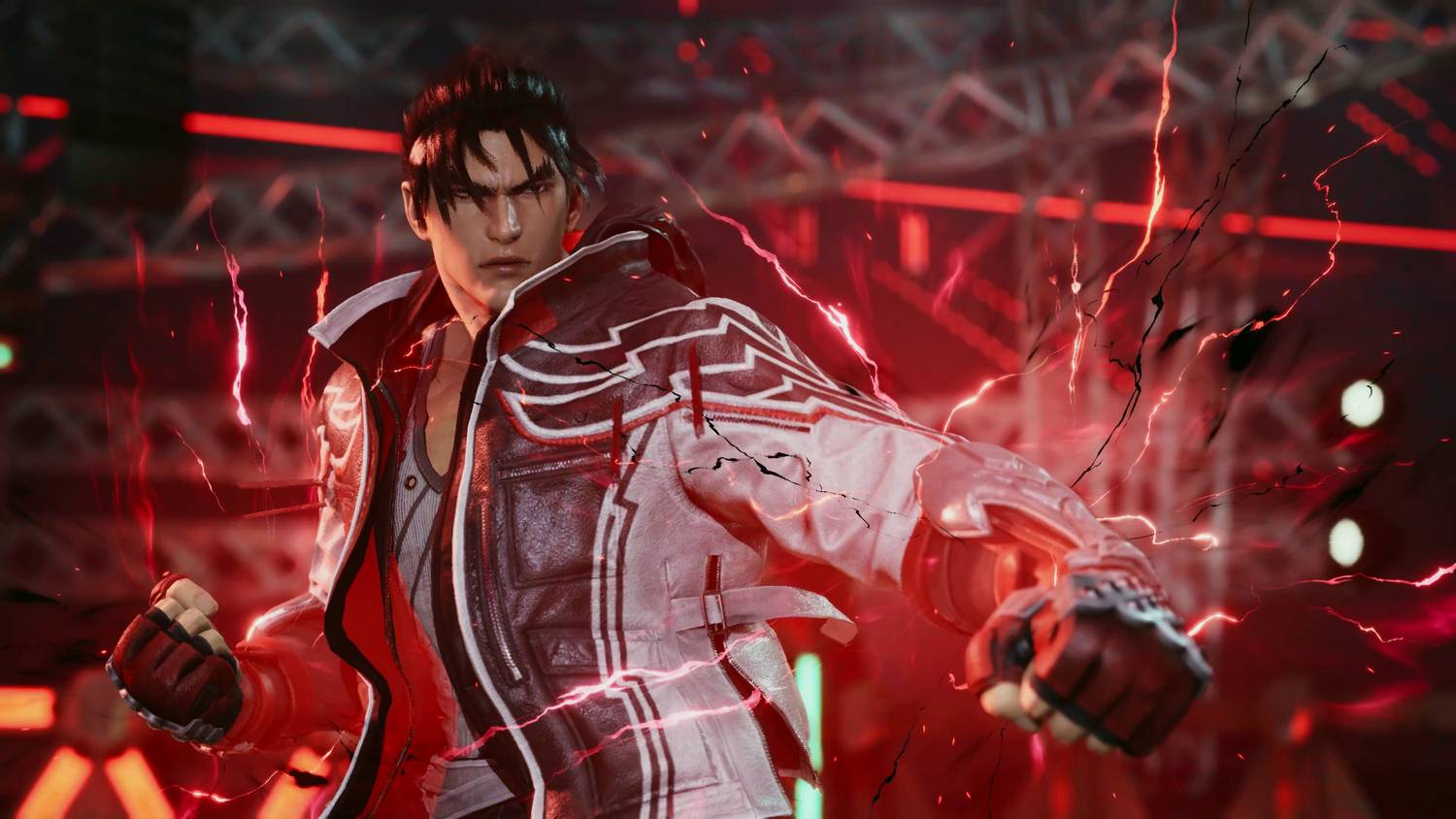Sound and Fury: Why Fighting Game Soundtracks Continue to Reign Supreme
Popular Now
 Genshin Impact
Genshin Impact
 Geometry Dash
Geometry Dash
 Sonic the Hedgehog™ Classic
Sonic the Hedgehog™ Classic
 Auto X Drift Racing 3
Auto X Drift Racing 3
 Rust
Rust
 Warframe
Warframe
 BeamNG.drive
BeamNG.drive
 Candy Crush Saga
Candy Crush Saga
 Poppy Playtime
Poppy Playtime
 Stumble Guys
Stumble Guys 
There is no arguing that the video game industry has produced some truly iconic musical scores. The sweeping orchestral arrangements of games like Final Fantasy and The Legend of Zelda are legendary, and the atmospheric synth of a horror game can set a mood like no other. Yet, when it comes to raw, unadulterated “cool,” fighting game soundtracks stand in a league of their own. They are a unique and powerful blend of musical genres, from jazz fusion to heavy metal and hip-hop, designed not just to be heard but to be felt, to pump the player’s adrenaline and define the very identity of the game. For decades, fighting games have been at the forefront of musical innovation, consistently delivering soundtracks that are not just background noise but a crucial part of the fight itself.
 More Than a Melody: The Anatomy of a Fighting Game Track
More Than a Melody: The Anatomy of a Fighting Game Track
What makes a fighting game soundtrack so special? It’s a combination of several key elements. First and foremost, the music is a tool for enhancing gameplay. It’s meant to get your heart racing, to push you to the brink, and to make every punch and kick feel more impactful. Tracks are often dynamic, with layers of sound that build as the match progresses, adding to the tension of a final round. Secondly, they are a powerful part of a character’s identity. Ryu’s theme from Street Fighter II is not just a song; it’s a statement. It’s instantly recognizable and has been remixed and reimagined countless times, but its core identity remains. Similarly, the entire aesthetic of the Guilty Gear series is rooted in its heavy metal and rock-influenced soundtrack, with each character’s theme song serving as a powerful, vocal-driven anthem that reflects their personality.
The genres themselves are a masterclass in musical mash-ups. While other games might stick to one theme, fighting games are a wild, creative playground for composers. The Tekken series is famous for its techno and club-inspired tracks, while games like Street Fighter III: Third Strike are legendary for their jazzy, hip-hop-infused beats. This is a genre where a single game can feature a stage with a funky, bass-heavy track, and another with an operatic, orchestral score, and it all feels perfectly in place. This diversity is what allows the music to serve as a perfect sonic backdrop for the diverse cast of characters and stages, from a neon-lit urban stage to a sun-drenched beach.
 The Legacy: From the Arcade to the Main Stage
The Legacy: From the Arcade to the Main Stage
The history of fighting game music is as storied as the genre itself. In the early days of arcade machines, composers were limited by what a simple sound chip could produce, but they still managed to create iconic, catchy, and unforgettable melodies. The “chip tune” era of games like Street Fighter II laid the groundwork for what was to come, with simple but brilliant character themes that could get stuck in your head for days. With the advent of CD-quality sound in the late 90s, the genre exploded. Games like Tekken 3 and Soulcalibur could now use real instruments and high-quality production, leading to cinematic, epic scores that felt more like a movie soundtrack. In recent years, games have continued to push the boundaries. The Killer Instinct reboot in 2013, with its dynamic, reactive soundtrack by Mick Gordon, brought a new level of interactivity to the music. And of course, Guilty Gear Strive’s decision to use a series of vocal-driven, over-the-top rock anthems for its characters set a new standard for musical ambition in the genre.
The cultural impact of these soundtracks cannot be overstated. They are not just popular within the gaming community; they have crossed over into other mediums, with fans creating countless remixes, covers, and even dedicated DJ sets. The music of fighting games is a powerful part of the cultural tapestry of the gaming world, a testament to the idea that a great song can transcend its original medium and become a timeless work of art.
Conclusion: The Perfect Soundtrack for the Perfect Fight
Fighting games continue to prove that music is not a passive element; it’s a driving force. The best fighting game soundtracks are a reflection of the fast-paced, high-stakes action they accompany. They are a unique and powerful blend of genres, a perfect storm of creativity and energy that fuels the competitive spirit. From the simple but iconic melodies of the 90s to the ambitious, vocal-driven tracks of today, fighting game music is a testament to the power of a great song. So, the next time you pick up a controller to throw a perfect uppercut, take a moment to appreciate the sonic masterpiece that is guiding your every move. It’s time to “rock out” to the sound of victory, because when it comes to soundtracks, the fighting game genre has no equal.









 More Than a Melody: The Anatomy of a Fighting Game Track
More Than a Melody: The Anatomy of a Fighting Game Track The Legacy: From the Arcade to the Main Stage
The Legacy: From the Arcade to the Main Stage